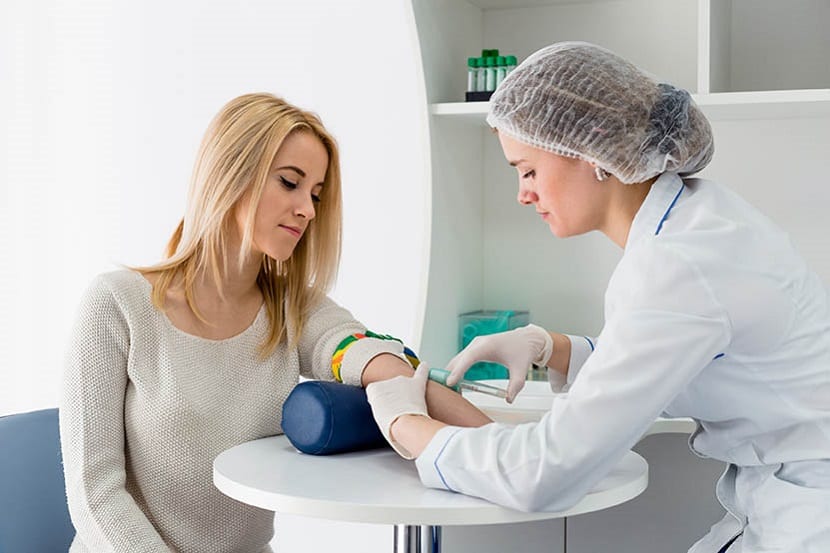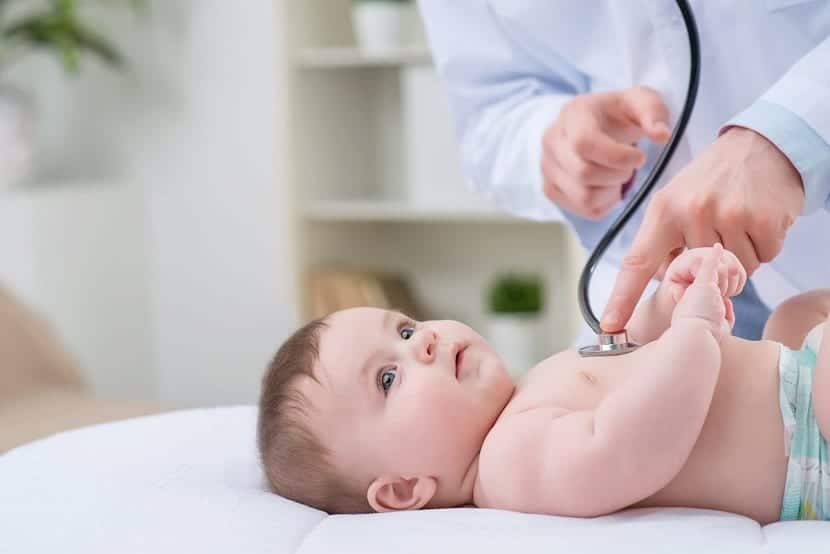
Hepatitis C is a disease that is caused by a virus called HCV, which directly affects the liver, causing inflammation in the organ itself and in its tissues. Unlike the other types of hepatitis such as A and B, the big problem with this disease is that a priori it does not produce obvious symptoms. And this makes it very difficult to diagnose the disease early.
When a disease is asymptomatic, such as hepatitis C, it greatly complicates its treatment. It is easy to confuse it with other types of liver discomfort and therefore, to worsen without being able to control the disease in time. On International Hepatitis C Day, We want to treat the most relevant aspects of this disease, since although its prevalence is lower, the consequences can be quite serious.
How Hepatitis C Is Spread
Hepatitis C is transmitted directly through the blood of a person who is infected. Therefore, there is no risk of contagion through affective displays such as kisses, hugs, kisses, or through breastfeeding.
In adults, the disease is spread through:
- Sharing needles and syringes with people who have the disease, generally in drug use.
- The use of non-sterile needles when getting a tattoo or in oriental treatments such as acupuncture.
- Although in a smaller percentage, practice unsafe sex with an infected person can carry a high risk of contagion.
But all these risk factors are practically inapplicable to babies and children. Little ones can be infected in other ways, usually at birth when they come into contact the blood of the newborn and the mother, if it has the disease.
It is essential to test for hepatitis C during pregnancy
One of the tests that are carried out during pregnancy is precisely that of hepatitis C and B, it is carried out through a simple blood extraction and does not affect the baby. Although there is no risk of contagion during pregnancy, since the placenta prevents the disease from reaching the fetusIt is important to know the mother's condition so that preventive measures can be taken during childbirth.
That is the greatest risk that a baby can suffer from contagion, when the mother's blood comes into contact with that of the newborn. But do not worry if it is your case, there are means to prevent the baby from being infected as long as the case is known in advance. That is why it is so important that you keep a good health check throughout your pregnancy.
The mother will not be able to receive adequate treatment during the gestation period, since could negatively affect the baby's development. However, you could receive medical care and recommendations to treat your disease, and above all, prevent your baby from being infected.
What happens if the baby gets hepatitis C?

The newborn receives HCV antibodies from their mother, and these will stay in your body for about a year. What the specialists recommend is that during that time the baby should not be tested so as not to interfere with the immunization process. Although in some cases a viral load test is performed, less dangerous but which would need to be repeated after a few months.
There is a high percentage of babies who are carriers of the hepatitis C virus, which eliminate disease naturally around 6 months. However, there is a lower percentage of children who maintain the infection and who are also at risk of its progression being more aggressive.
In these cases it will be essential a medical follow-up to keep hepatitis C under control. There are treatments for this disease, in addition to a series of recommendations regarding nutrition and healthy lifestyle habits.
Children should receive annual medical check-ups, in addition to the relevant vaccinations

Although as we have said, currently there is no vaccine against hepatitis C, there is a vaccine against hepatitis A and B. It is essential that children, the great unprotected of society, receive the vaccines necessary to protect them against serious diseases such as hepatitis C.
It is also necessary that at least once a year, they receive a complete check-up even if they are well. Thus you will make sure your child is healthy and in perfect condition.